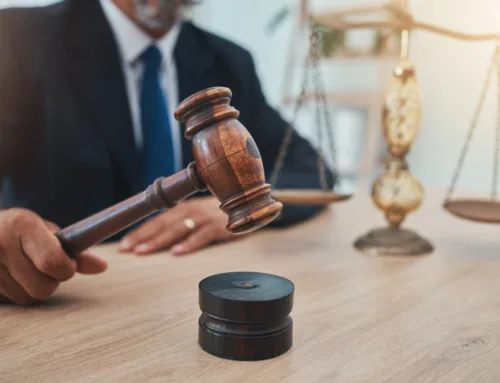Your own personal conduct can be a true reflection of who you really are, and the United States government and its agencies know this. If you have conducted yourself in questionable or unfavorable ways in the past, it could come back to disrupt your government or military career years later. This entry in our multipart blog series discusses Security Guideline E: Personal Conduct.
Refusal to Cooperate is a Mistake
When you are seeking national security clearance, you need to be willing to cooperate with agencies as much as possible. If you decide that you personally do not like the process, which will include medical and psychological evaluations, you cannot expect to be selected or approved if you are uncooperative. This type of personal conduct will also likely instill a sense of distrust in your assessors, making them less likely to give you any sort of personnel security approval.
Your Past is the Present
 Many people make the mistake of thinking that they can hide or ignore their past personal conduct long enough to have it disappear. When it comes to a governmental evaluation, there is no closet that won’t be opened in search of skeletons. If your personal actions have raised suspicions in the past, they will again in the present.
Many people make the mistake of thinking that they can hide or ignore their past personal conduct long enough to have it disappear. When it comes to a governmental evaluation, there is no closet that won’t be opened in search of skeletons. If your personal actions have raised suspicions in the past, they will again in the present.
Some behaviors or conditions that could ultimately lead to disqualification include:
- Deliberately omitting or fabricating important details of situations on inquiries or during interviews.
- Receiving poor reviews or testimonials from past associates, employers, acquaintances, etc.
- Any sort of personal conduct that could increase the likelihood that you could be blackmailed.
- History of intentionally violating rules, not necessary to legal consequence, or violating written or oral contracts.
- Maintaining a close association with a known criminal or criminal entity.
Your Word Has Value
If Security Guideline E is preventing you from obtaining the security clearance you need to advance your career or complete a task, you need to step up and speak up. You still have the opportunity to convince the government board or agency that your personal conduct is not a direct reflection of your ability to serve your country. You may even be able to show that the information they are using to evaluate you is not reliable.
You can potentially reduce security concerns by showing:
- Information gathered against you does not actually pertain to your security clearance or position.
- You provided falsified information accidentally, only once, or several years ago, and have since corrected that mistake.
- Before being told of a falsification on your application or records, you attempted to fix it yourself.
- More information regarding an event or testimonial is needed to gain a full understanding of the situation or its significance.
- You have attempted to improve your personal situations to reduce your chances of giving into coercion.
- You were once advised not to cooperate with investigating agencies and have since learned that the advice was not reliable.
You might not have a second chance to prove that your personal conduct should not have triggered a Security Clearance Guideline E denial. Make certain you are as ready as you can be by teaming up with The Edmunds Law Firm and our national security clearance attorney. We have more than 40 years of total experience and have helped clients in 32 countries. Contact us today.




